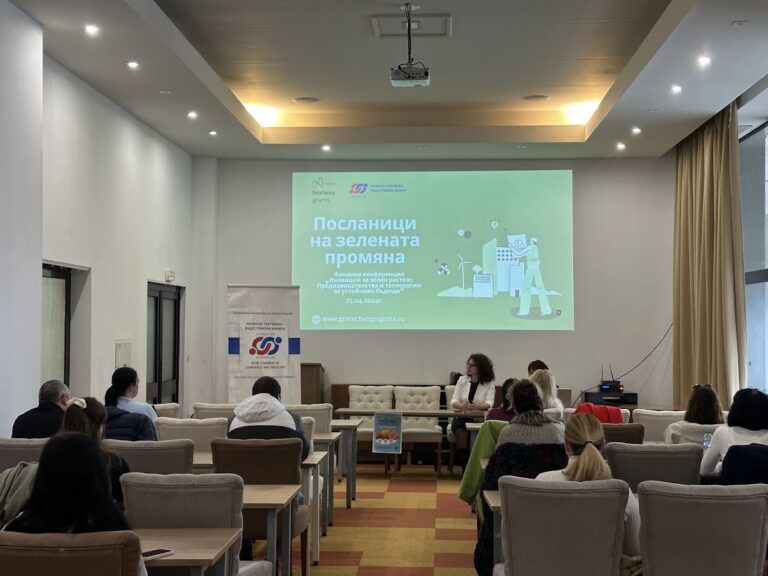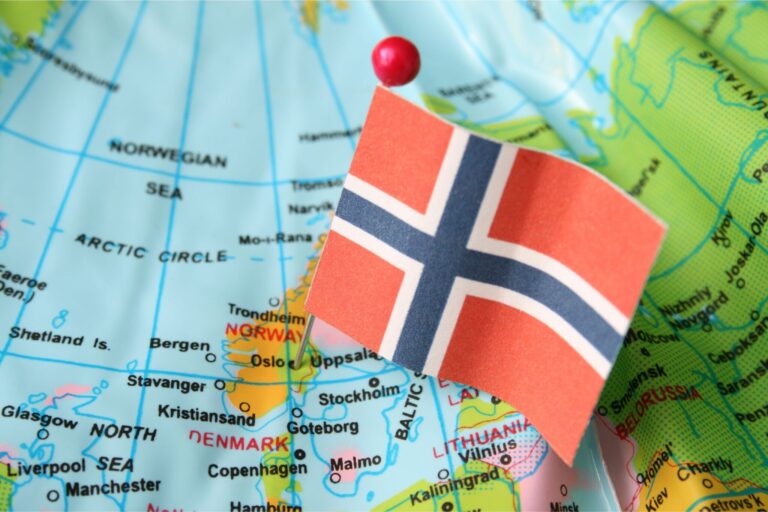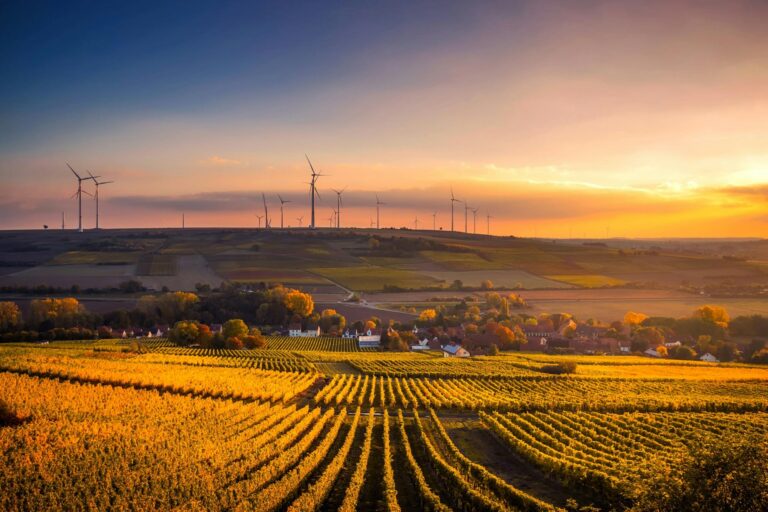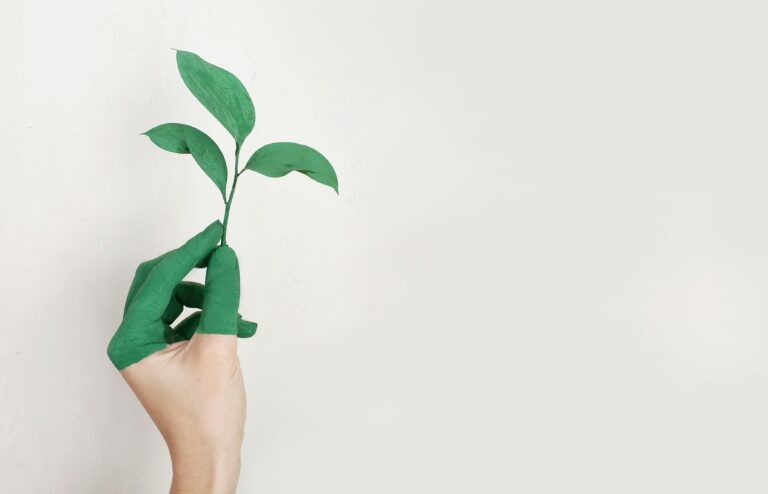KIWI was named “Norway’s most sustainable grocery chain”. The company, which comprises 650 stores in Norway, has already been using plastic bags made from 50% recycled plastic since 2016 – saving an average of 2,800 CO2 tons per year (that equals the emissions from 1,000 diesel or gasoline cars). But this year, KIWI Director Jan Paul Bjørkøy and Director and Communications Officer Kristine Arvin are prepared to go the extra mile.
It was a tragic story with a whale that spurred things forward, both for the company and for their customers. A dying whale washed up near Bergen, with 30 plastic bags found in her stomach. Shortly after, even consumers who weren’t necessarily environmentally conscious began to demand a reduction in the use of plastic – and KIWI listened. Starting this month, they’re offering paper bags instead of plastic bags while continuing to sell reusable bags as it’s popular among customers.
By the end of the year, they will be switching to fully recyclable plastics and by the end of 2020, the aim is to reduce their plastic use in fruit and vegetable packing by 800 tons (currently at 1,000 tons). This shift is affecting other businesses as well, creating a chain reaction of the best kind.





